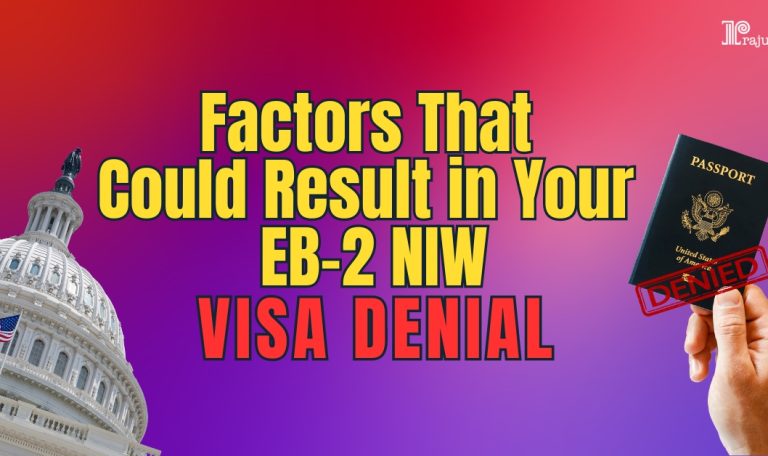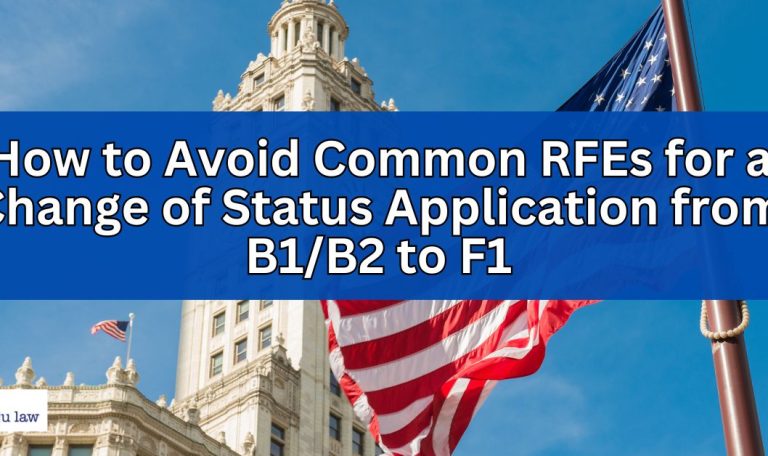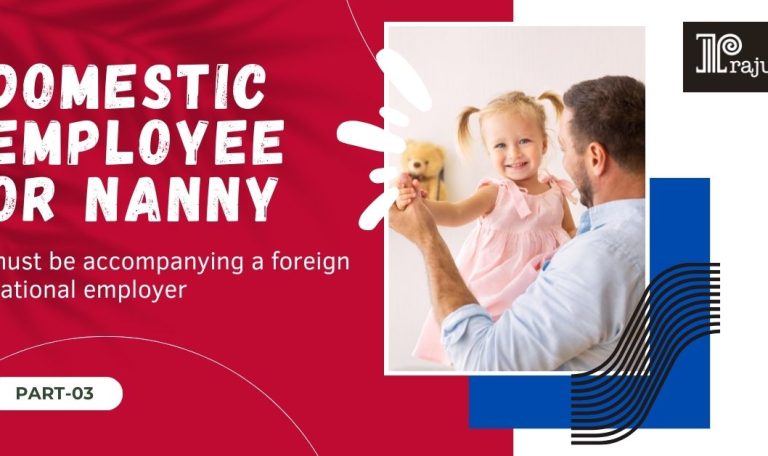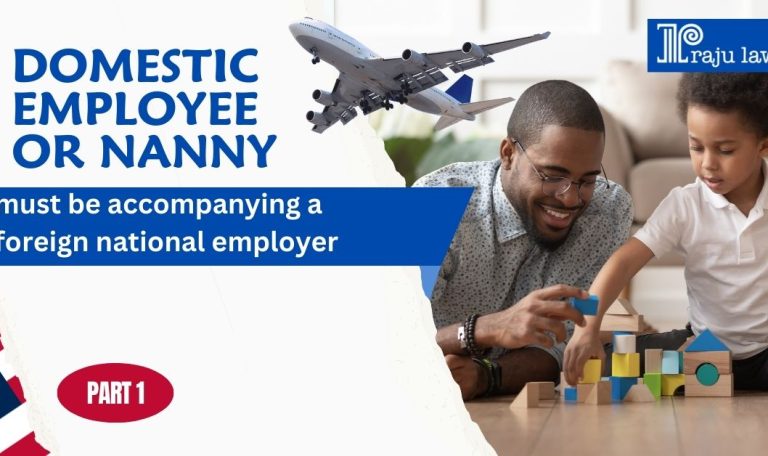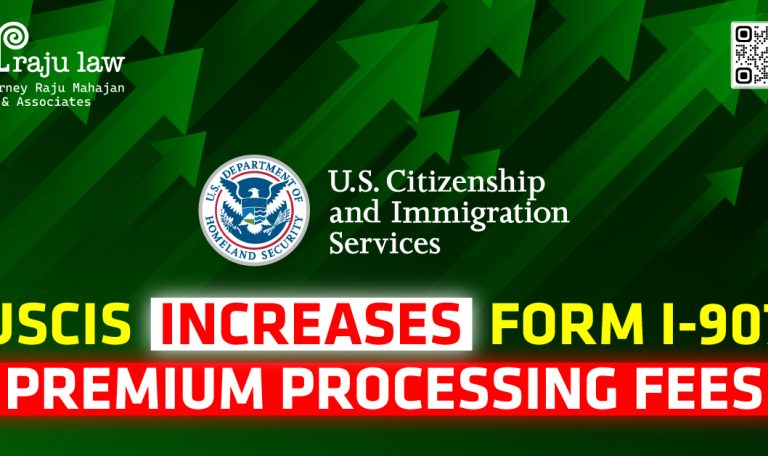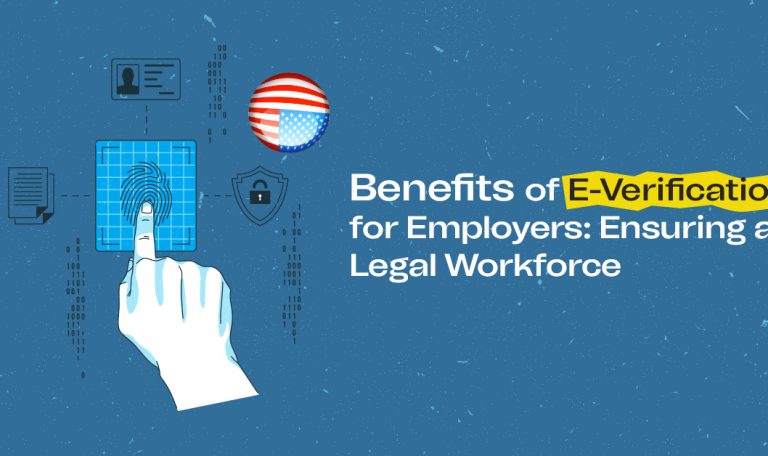
E-Verify: A Comprehensive Solution for Ensuring a Legal Workforce and Enhancing Employer Compliance
In today’s competitive job market, employers face the challenge of ensuring a legal workforce. Hiring unauthorized workers can result in severe penalties, legal consequences, and damage to a company’s reputation. However, implementing proper measures like E-Verify can help employers mitigate these risks. Understanding the E-Verify Program The E-verify program, also known as the E-Verification, allows employers to verify the eligibility of their employees to work in the United States. This web-based system compares information from an employee’s Form I-9 to data from the U.S. Department of Homeland Security and Social Security Administration records to confirm employment authorization. The Benefits of E-verify for Employers As an employer, there are numerous advantages to using E-Verify for your business: Enhanced Compliance with Immigration Laws: One of the key benefits of implementing E-verify in your hiring process is enhanced compliance with the Immigration Reform and Control Act (IRCA) of 1986, which requires employers to verify the identity and work eligibility of all employees. By verifying the employment eligibility of your workforce, you can rest assured that you comply with federal immigration regulations. This helps you avoid costly fines and penalties and protects your company’s reputation. Streamlining the Hiring Process: E-verify can also streamline the hiring process for employers. By automating the verification of employment eligibility, you can reduce the time and effort required to complete the necessary paperwork. This saves you time and allows you to onboard new employees more quickly and efficiently. Reducing Fraud and Ensuring Accuracy: Another significant benefit of E-verify is the reduction of fraud and the assurance of accuracy in your workforce. By verifying the identities of your employees through the E-verify system, you can significantly decrease the risk of hiring individuals who may be using fraudulent documents. This protects your company from potential legal issues and ensures that you have a reliable and trustworthy workforce. Improving Workplace Safety and Security: Employers who implement E-verify also experience improved workplace safety and security. By verifying the employment eligibility of your employees, you can ensure that only authorized individuals have access to certain areas of your business. This can help prevent unauthorized individuals from entering restricted areas and enhance the overall safety and security of your workplace. Stronger Defense in Case of Audits: Using E-verify demonstrates good faith in your hiring practices. In the event of an immigration audit, E-verify documentation can help establish that you took reasonable steps to verify employee eligibility. Support for Visa Applications: E-verify can also be used as supporting documentation for visa applications, particularly for certain visa categories that require proof of employment eligibility. Providing evidence of participation in the E-Verify program can strengthen visa applications and demonstrate a commitment to compliance with immigration laws. Potential for Government Benefits: Depending on your state, using E-verify may make you eligible for certain government contracts, grants, or other incentives. Integration with HR Systems: E-verify can seamlessly integrate with existing human resources (HR) systems, allowing employers to streamline onboarding and maintain comprehensive employee records. Integration with HR systems enables employers

